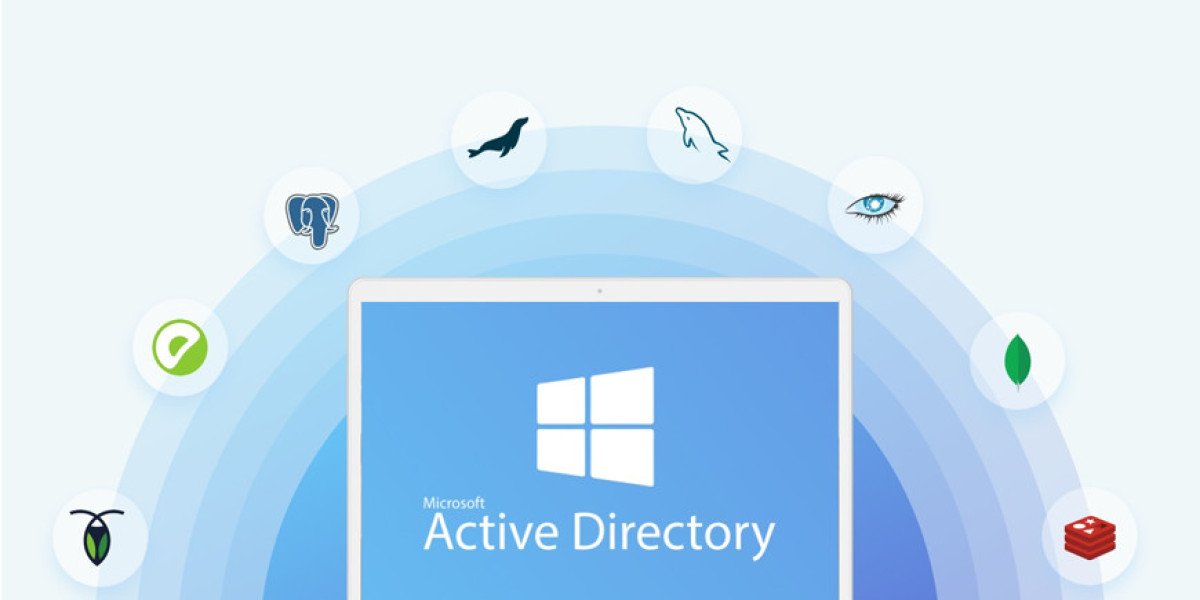Introduction
In the vast expanse of academic and professional fields, peer review stands as a critical cornerstone, ensuring the integrity and validity of scholarly work. Whether it's a groundbreaking scientific paper or a comprehensive literature review, the meticulous eyes of peers in the field are indispensable. This article aims to demystify the nuances of peer review, offering insights into how peer review services can amplify the quality and impact of your research.
Peer Review
What is Peer Review?
Peer review is the evaluation of work by one or more people of similar competence to the producers of the work. It constitutes a form of self-regulation by qualified members of a profession within the relevant field. Peer review methods are employed to maintain standards, improve performance, and provide credibility.
Types of Peer Review
- Single-Blind Review: The identities of the reviewers are hidden from the author.
- Double-Blind Review: Both the reviewer and the author remain anonymous to each other.
- Open Review: Both parties know each other's identities.
The Role of Peer Review Services
These services are essential in managing the peer review process efficiently. They help in selecting suitable experts, managing feedback, and ensuring the quality of the evaluation.
Choosing the Right Peer Review Service
When selecting a peer review service, consider factors like specialty expertise, turnaround time, and the confidentiality of the review process.
Benefits of Peer Review
- Validation of Research: It ensures the research is vetted for accuracy and credibility.
- Improvement Suggestions: Authors receive constructive feedback to refine their work.
- Enhanced Credibility: Peer-reviewed work is viewed more favorably in academic and professional circles.
Challenges in Peer Review
Despite its benefits, peer review is not without challenges. Issues such as bias, time constraints, and variability in review quality can affect the outcomes.
Digital Evolution in Peer Review
Technology has transformed peer review processes with digital tools and platforms enhancing efficiency and transparency.
Peer Review in Different Fields
The application and method of peer review can vary significantly across different disciplines, reflecting the diverse nature of research fields.
Peer Review and Publication Ethics
Ethical considerations in peer review are paramount. Issues such as plagiarism, conflict of interest, and confidentiality must be managed carefully.
Global Perspectives on Peer Review
Peer review practices can vary globally, influenced by cultural, academic, and regulatory differences.
Future of Peer Review
Innovations and reforms are shaping the future of peer review, with a focus on openness and inclusivity.
Peer Review Services: Enhancing Research Quality
How Peer Review Services Add Value
Peer review services streamline the review process, ensuring that it is thorough, unbiased, and timely. They also provide support for both reviewers and authors, making the process smoother and more effective.
The Impact of Effective Peer Review
Effective peer review enhances the trustworthiness of research, which is crucial for scientific progress and public trust.
Choosing the Best Peer Review Service for Your Needs
It’s essential to select a peer review service that aligns with your research area and expectations in terms of quality and integrity.
Conclusion
Peer review remains an indispensable part of academic and professional practices, crucial for maintaining the integrity and quality of scholarly and scientific discourse. Understanding and navigating the complexities of peer review with the aid of professional peer review services can significantly enhance the impact and credibility of your work, paving the way for a robust academic or professional profile.
FAQs
Why is peer review important?
It’s a quality control system that ensures that only the work that meets certain standards is published.
How long does the peer review process take?
The time can vary greatly, typically ranging from a few weeks to several months, depending on the field and the complexity of the work.
Can peer review be biased?
Yes, despite efforts to mitigate biases, peer review is not immune to human prejudices.
What if my work is rejected after peer review?
Rejection can provide valuable insights into improving your work and preparing it for resubmission either to the same journal or another outlet.
How can I become a peer reviewer?
Typically, becoming a peer reviewer requires expertise in your field, a solid publication record, and affiliations with academic institutions or journals.







